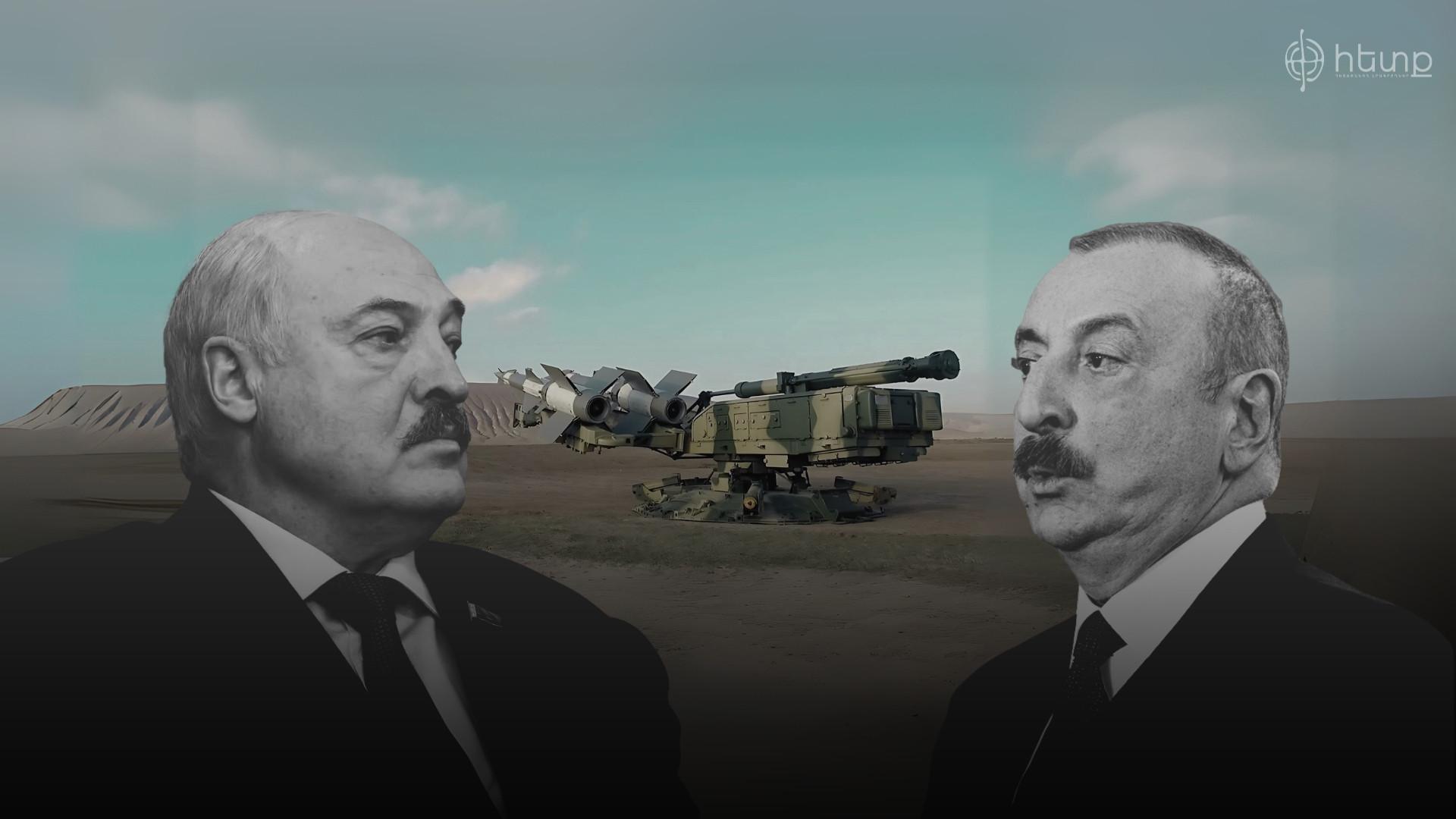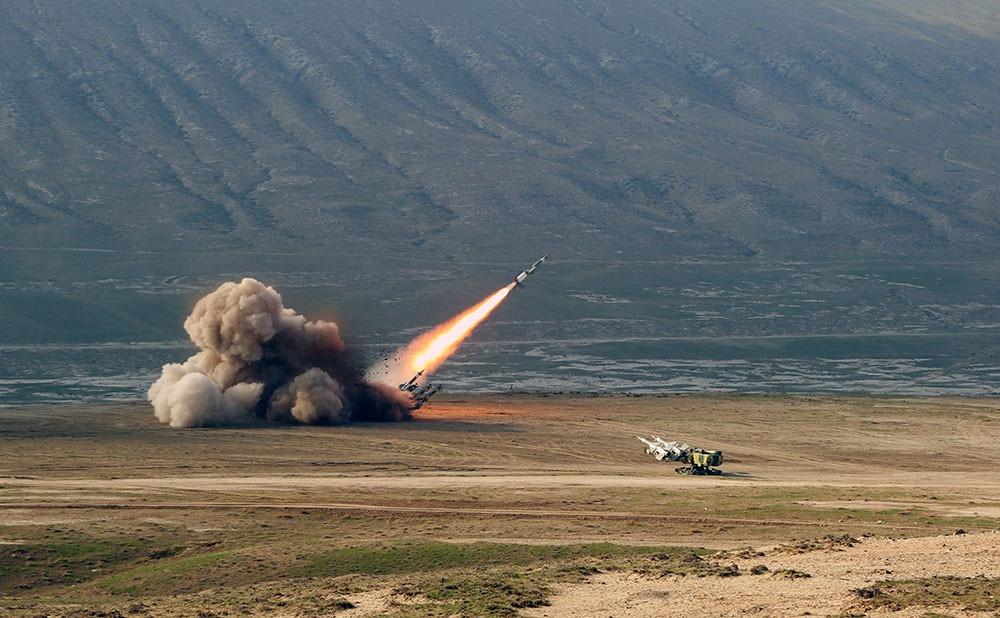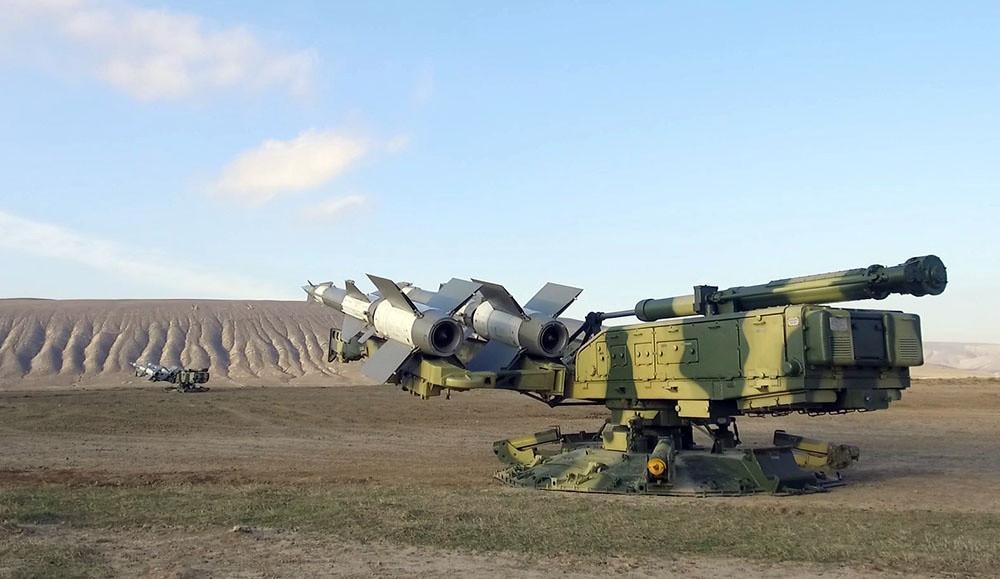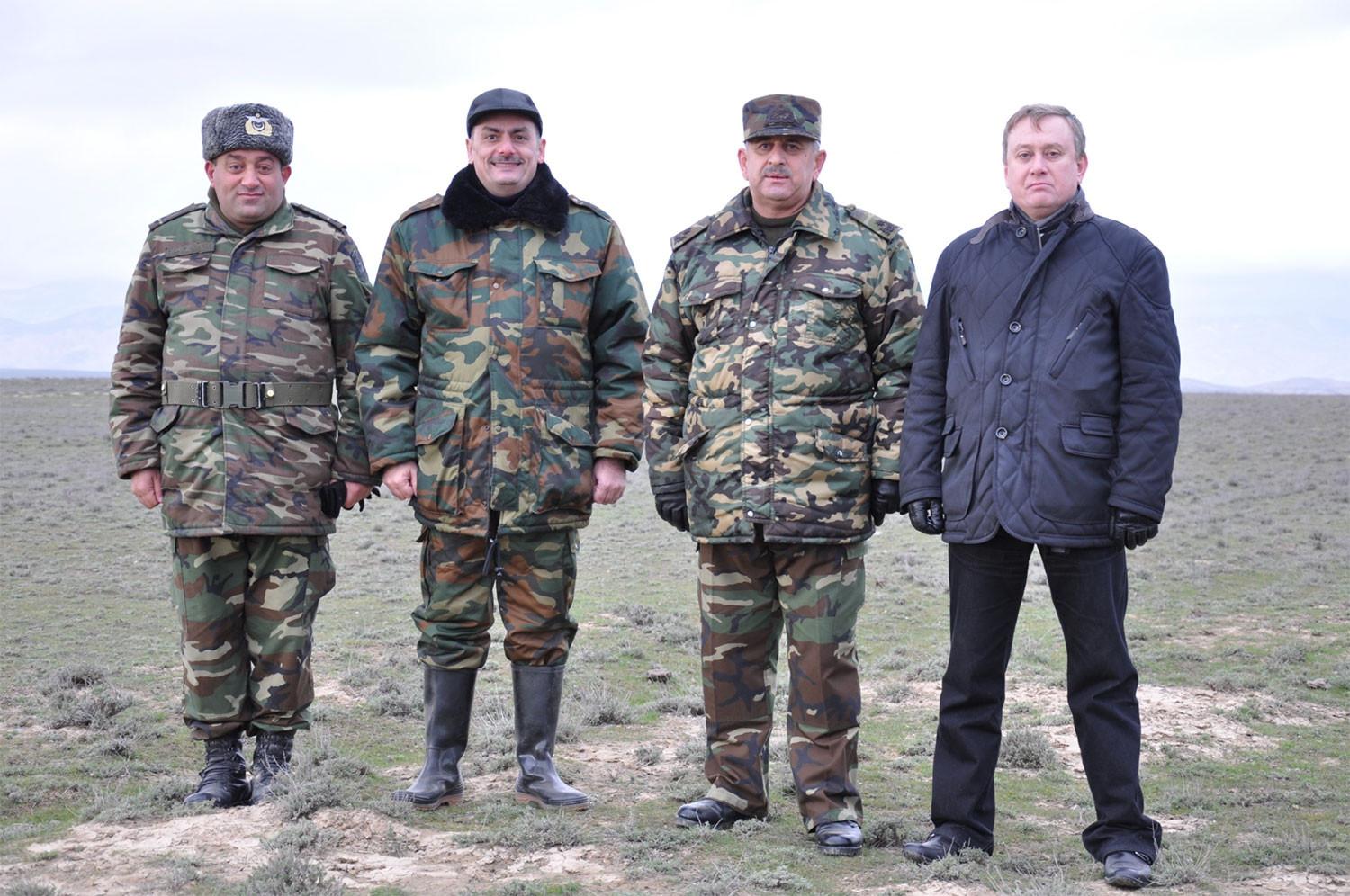
Leaked Report: Azerbaijan Downed Eleven Armenian UAVs in 2020 Artsakh War Using Belarusian Weapons
Vahe Sarukhanyan (hetq.am), Aliaksandr Yarashevich (buromedia.io)
Belarus arms sales to Azerbaijan have strained relations between Yerevan and Minsk, two countries considered “military allies” since both are members of the Moscow-backed Collective Security Treaty Organization (CSTO).
For years, Armenian officials have expressed public outrage over the Belarusian weapons sales to Azerbaijan, with which it is engaged in a long-standing military conflict over Nagorno-Karabakh.
- Leaked Documents Reveal Secret Belarus Military Shipments to Azerbaijan
- From Polonez to Optima: New Secret Documents on Belarus-Azerbaijan Military Trade
Leaked internal circulation documents from Belarus show that Belarusian weapons were used by Azerbaijan against Armenian soldiers in the 2020 Nagorno-Karabakh war.
For the Armenian government, Belarus arms sales to its adversary are particularly worrisome as both countries are members of CSTO. Despite being a member of the same alliance, the Belarusian private arms manufacturer Tetraedr has helped Azerbaijan upgrade its air defense systems according to leaked emails and internal reports from the company.
The leaked documents were obtained by the Organized Crime and Corruption Reporting Project (OCCRP) and its partners Hetq and Buro Media, the latter founded by exiled Belarusian journalists.
One of Tetraedr’s internal reports states that Azerbaijan’s upgraded air defense systems were “actively used” during the 2020 Nagorno Karabakh war. The report states that the Pechora-2TM surface-to-air missile systems (these are the modernized version of the Soviet S-125 system by Tetraedr) shot down eleven Armenian UAVs.
The downings, according to the report, were conducted by systems with serial numbers 3 (three UAVs shot down), 2 (two UAVs shot down), 28 (three UAVs shot down) and 11 (three UAVs shot down).
Hetq asked Armenia’s Ministry of Defense to confirm or deny this information about the shooting down of eleven Armenian UAVs by the Pechora-2TM. We were also interested in how many Pechora-2TMs Armenian forces had taken out of service during the escalations of recent years. Citing state secrets, the ministry did not provide information.
According to the Tetraedr report, in 2020, one of the Pechora-2TM systems (factory number 14) received minor damage at the starting position from a shell explosion during the war. There is also a video on social media, with accompanying commentary stating that the [Armenian] UAV strikes the control center of the Pechora-2TM battery, but in fact does not destroy, but only damages it.
Hetq also sent a request to Armenia’s Investigative Committee (IC) that is conducting a preliminary investigation into Azerbaijan’s military assault against the Republic of Artsakh on September 27, 2020. The IC responded that no data was obtained in the criminal proceedings regarding the Belarusian Pechora-2TM weapon.
Unlike Armenia’s Ministry of Defense and the Investigative Committee, the Azerbaijani Ministry of Defense did not respond to Buro Media's questions about cooperation with Tetraedr.
In September 2020, Azerbaijan launched a military attack against the Republic of Artsakh that lasted forty-four days. Baku captured most of the region. The rest of Nagorno-Karabakh was captured by Azerbaijan in a September 2023 offensive that led to the forced displacement of more than 115,000 Armenians. Belarus President Alexander Lukashenko called Azerbaijan’s operation a “liberation war.”
In response, Armenian PM Nikol Pashinyan publicly vowed not to visit Armenia’s CSTO partner Belarus while Lukashenko remained in power. Relations between the two countries remain strained. Armenia and Azerbaijan signed a U.S.-brokered peace agreement this month.
Leaked documents from the Belarusian company show that Tetraedr signed at least sixteen contracts with Azerbaijani partners between 2006 and 2020. They are related to the purchase/sale/supply of property and the provision of services. Two of the contracts, signed on December 26, 2017 and related to the maintenance and current repairs of the Pechora-2TM, cost a total of US$13.3 million. In October 2017, Azerbaijani Defense Minister Zakir Hasanov visited the Belarusian capital Minsk.
Of note is that in at least nine contracts, Tetraedr’s partner was not the Azerbaijani defense ministry but N.P.O. Navigation Systems, a private offshore company registered in the British Virgin Islands.
Although the use of such intermediaries is common in the international arms trade and does not necessarily indicate illegality, experts warn that offshore companies in such transactions increase the risk of corruption.
“The more layers of secrecy and lack of transparency are introduced in arms trade, the bigger the opportunities are for corrupt officials to make a personal gain,” says Pieter Wezeman, a senior arms-transfer researcher at the Stockholm International Peace Research Institute (SIPRI).
Hetq discovered some details about N.P.O Navigation Systems in a leaked dossier of tens of thousands of offshore companies called the Pandora Papers.
Documents show that as of April 2020, about six months before the 2020 Artsakh War, the beneficial owners of this offshore company were two Azerbaijanis, Fuad Seyidaliyev and Arif Rahimov, both of whom have ties to the Azerbaijani military. In April, they transferred their shares to Israeli David Sutovsky, the company’s director until then.
The names of Seyidaliyev and Rahimov (as managers and legal representatives) are also associated with the Azerbaijani company Azairtechservice. The latter has experience in cooperation with the Azerbaijani army. In 2011, it established a joint venture called Tetraedr Techservice with Tetraedr in the Azerbaijani city of Sumgait. Azairtechservice was later renamed Esis Technologies.
N.P.O Navigation System did not respond to Buro Media's questions about cooperation with Tetraedr, nor did Rahimov and Sutovsky. Although the leaked documents clearly show that Seyidaliyev was one of the beneficial owners of this offshore intermediary, during a telephone conversation with Buro Media he denied his connection with it and hung up the phone. Seyidaliyev did not respond to written questions sent to him later by Buro Media.
Top photo design: Nare Petrosyan
 Videos
Videos Photos
Photos



Write a comment